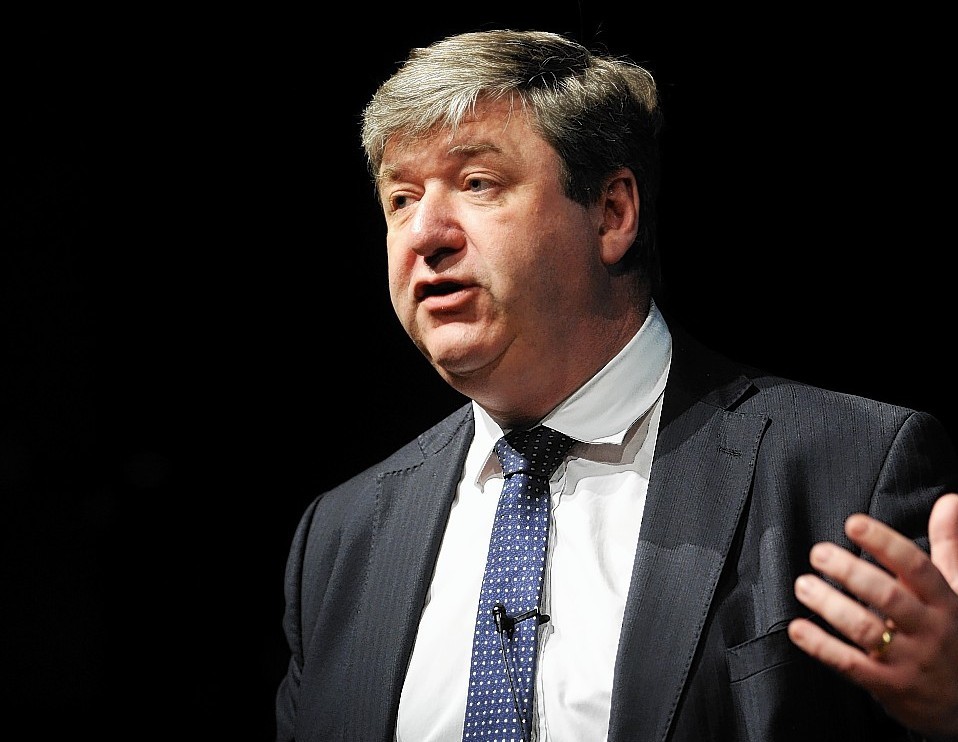A UK Government minister insisted last night that MPs for Scottish seats could still become prime minister or chancellor in the wake of the new devolution deal.
Scottish Secretary Alistair Carmichael denied that giving Holyrood powers over income tax would stop Scots from voting on the UK Budget and getting the top jobs.
But the Liberal Democrat minister, and Labour members, appeared to be at odds with Prime Minister David Cameron on the consequences of the Smith Commission’s proposals.
Mr Cameron’s official spokesman had earlier suggested that MPs for Scottish constituencies may not be able to amend or vote on aspects of the UK Budget under Tory plans to ban Scots from having a say on English-only issues.
The confusion emerged amid a backlash against the Smith Commission plans by several backbench Conservatives, with one warning that it risked “throwing petrol on the embers of English resentment and Scottish separatism”.
The Tories are due to bring forward proposals on English votes for English laws – dubbed “Evel” – before Christmas.
Asked about the impact of income tax devolution on the Budget, the prime minister’s spokesman said: “There are elements where you have seen devolution on financial matters and in that respect I would say the principle of Evel applies in that context as well.”
However, Mr Carmichael and former prime minister Gordon Brown insisted the Smith Commission’s plan for income tax personal allowances to be retained on a UK basis meant that Scots MPs could still vote on the Budget.
The Scottish secretary said: “Income tax is expressly described in the Smith Commission as a ‘shared tax’ between the Scottish and UK parliaments, so where it is a shared tax it will continue to be something that Scottish, Welsh, English and Northern Irish MPs will vote on.”
The Orkney and Shetland MP also dismissed suggestions from journalists that Scots may not be able to hold the key Cabinet posts if they could not vote on their own Budget.
During a Commons debate on the plans, former chancellor Alistair Darling, who led the pro-UK Better Together campaign in the independence referendum, said: “We must be very careful to manage this carefully – but other big countries have done it and we can do it too.”
SNP deputy leader Stewart Hosie said the Smith Commission had offered “modest progress” but would not deliver the “powerhouse parliament” Scots were promised.
Dame Anne Begg, Labour MP for Aberdeen South, hailed the delivery of the pre-referendum “Vow” by the pro-UK parties, claiming: “It has delivered more than the Vow – perhaps we could call it ‘the Vow-plus’.”
